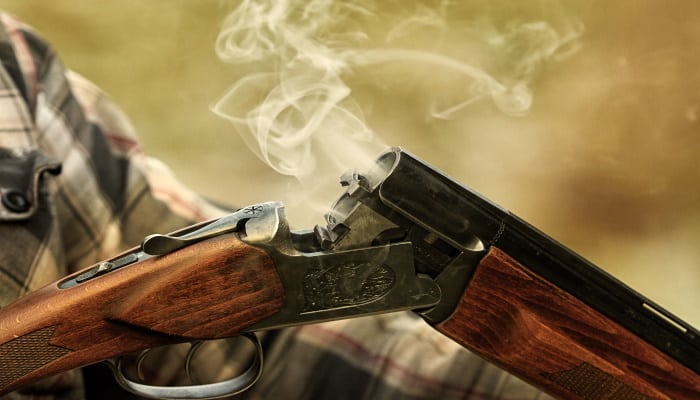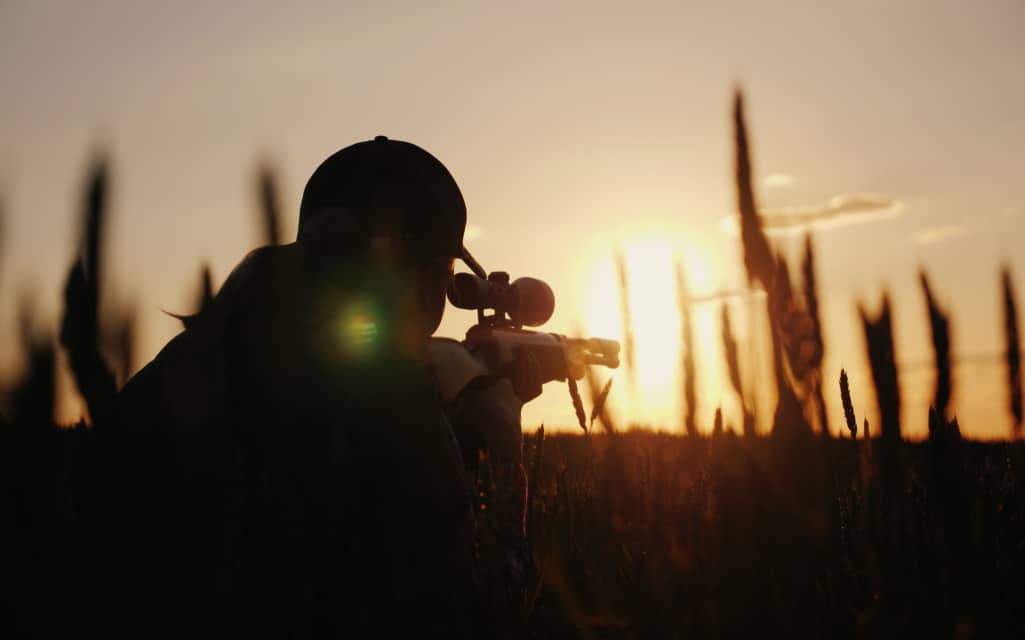When the hunting season unfolds, the woods get filled with enthused hunters. They observe and wait to aim their pistols at a prey and pull the trigger for the right time. While this season sounds exciting for those who love to explore the outdoors, it’s still crucial to prioritize safety. As experts say, a touch of forestallment is always better than a long process of recuperation.
Were you planning to embark on a hunting adventure in the woods? If so, be sure you know how to be safe before, during, and after the hunt. To enjoy a good, safe hunt, continue reading below to be guided.
Before The Hunt
Before your hunt commences, there are quite a lot of things you need to consider and prepare. Such considerations will help you avoid accidents, get lost, and prevent possible illness during the hunt. Without further ado, here are things you may have to do:
If You’re Inexperienced, Seek Out Expert Hunters
Have you gone hunting before? If your answer is yes, you may skip this step. However, if this is your first time, you may want to seek out experienced hunters first. After all, mastering how to hunt is just like mastering a sport, wherein you may need to get trained by a coach. You may learn from a close friend who’s experienced hunting or finish an interactive hunting course to receive a hunting license. If you opt for the latter, you may visit https://www.ilearntohunt.com/iowa/ or other schools in your state that are offering this course.
Have Your Gun Serviced
Servicing your hunting gun is essential. It needs to be cleaned regularly to guarantee its longevity and prevent its failure in the middle of a hunt. That said, having your gun checked and repaired by a gunsmith at the start and end of each hunting season is a smart move.
Dress For The Weather
When hunting in mild winter weather, layers are essential because they can keep you warm. You’ll need not simply base layers on top and bottom, but also a thicker shirt, trousers, and a warm, insulated coat in extremely cold conditions. If you’re hunting in warm weather, you’ll need light, moisture-wicking clothing.
Pack The Hunting Essentials
There’s a checklist of the essential things to bring during hunting. Overlooking one could make your hunting spree a failure. Among the essentials are binoculars, GPS, ear and eye protection, first aid supplies, a headlamp or flashlight, protein-rich food, and a backpack to put everything in. These hunting essentials can lead you to your hunting success. Therefore, it might be best to prepare early to avoid missing anything on this list.
During The Hunt
When the day has finally come to start the hunt and you’re in the shooting range, it’s crucial to prioritize firearm safety for a safe hunt. There are a few rules in firearm safety. This includes:
- Always keep the gun’s muzzle in a safe direction. This will be to avoid injury in case of accidental discharge.
- Unload your gun when not in use. And even when it’s unloaded, treat it as if it’s loaded.
- Clarify your target and what’s surrounding it. Once you shoot, you’ll be responsible for where the bullet strikes. Hence, take your time before firing and determine where the shot will go.
- Utilize proper ammunition. Make sure you’ve read and understood all of the cautions, as well as those in the firearm’s instruction manual and on the ammo boxes.
- Watch out in case your firearm fails to fire, even when you’ve pulled the trigger. Some cartridges may not fire after you pull the trigger. In this case, point the muzzle safely and unload the cartridge carefully.
- Be sure you’ve mastered your gun’s mechanics. Never use a firearm unless you’re completely familiar with its attributes and how to handle it safely; there’s no such thing as an invincible weapon.
After The Hunt

After all the thrills and excitement of hunting prey, if you don’t put your firearms and ammunition in a separate, secured storage, you’re still risking your safety. Each should be stored securely in a location out of the reach of children and inattentive elders. In storing your guns, keep the muzzle sloping downward or in a horizontal position.
Aside from that, report any violations of the law. When it comes to firearms safety, don’t be afraid to speak up. You have a responsibility to insist on safer handling procedures if you see anyone breaking any safety protocols during your most recent hunt. You can contact an agent or a local police chief to report their infractions.
Final Thoughts
When it comes to firearms, you must always emphasize safety. Beginners, in particular, need to be constantly supervised while handling firearms they’re unfamiliar with. Follow the safety protocols provided above, cultivate safe shooting habits, and keep in mind that firearms safety is solely your responsibility. Have a safe and fun hunt!



